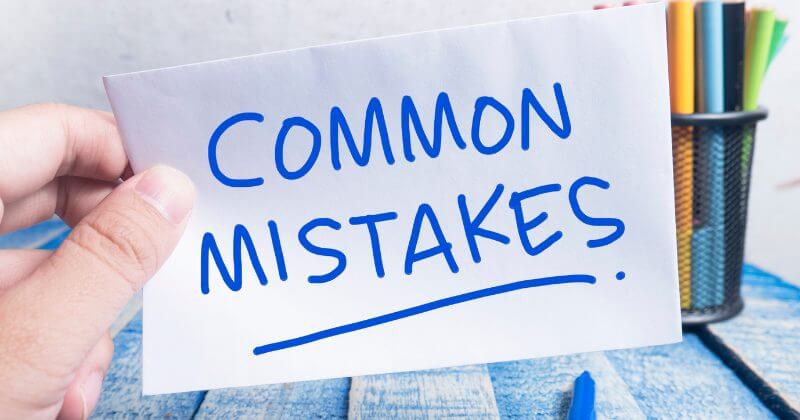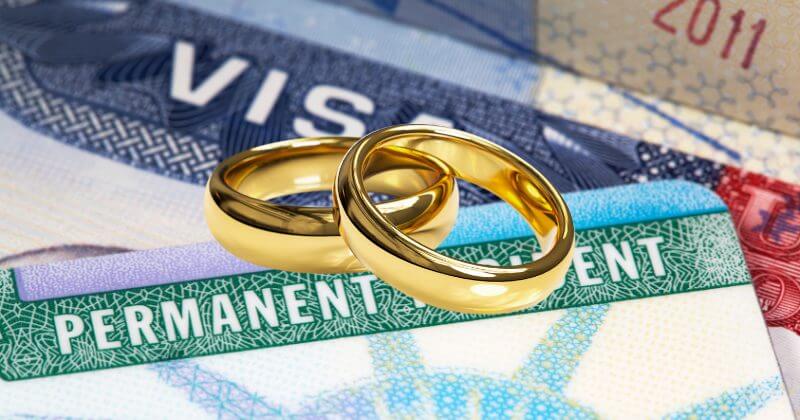The U Visa is a nonimmigrant visa that allows certain victims of crime to remain in the United States temporarily and to obtain lawful permanent resident status (LPR status, also known as a green card or permanent resident card) after three years. To be eligible for a U Visa, you must have been the victim of a qualifying crime, have suffered substantial physical or mental abuse due to the crime, most important, have cooperated with law enforcement in the investigation or prosecution of the crime, and be admissible to the United States.
What are the benefits of a U visa?
Here are the benefits of applying for a U Visa;
- Lawful status in the United States for up to four years, sometimes with extensions.
- Work authorization.
- Derivative benefits for qualifying family members.
- Eligibility to adjust status to LPR status after three years. Able to apply for citizenship after five years
Who is eligible for a U visa?
To be eligible for a U visa, you must meet all of the following requirements:
- You were the victim of a qualifying crime.
- You suffered substantial physical or mental abuse as a result of the crime.
- You cooperated with law enforcement in the investigation or prosecution of the crime.
- You are admissible to the United States.
What are the qualifying crimes for a U visa?
The following crimes are some of the qualifying crimes for a U visa:
- Aggravated felonies
- Torture
- Trafficking in persons
- Crimes of violence
- Crimes of stalking
- Crimes of domestic violence
- Crimes of child abuse
- Crimes of sexual abuse
If you are an immigrant and have been a victim of a crime, either directly or indirectly, the U-Visa could help and protect you. In addition, our immigration law firm can answer any additional questions and assist you in applying for a U Visa.
How do I apply for a U visa?
To apply for a U visa, you must file;
- Form I-918, Petition for U Nonimmigrant Status, with the United States Citizenship and Immigration Services (USCIS).
- Submit Form I-918 Supplement B, certification from law enforcement authority certifying applicants helpfulness.
- I-192 (if the applicant falls under grounds of inadmissibility.)
- Form I-175 (based on a U-Visa waitlist)
- Form I-92 (fee waiver)
- Form I-918 Supplement A (for qualifying derivatives and applicant’s detailed declaration or affiant.
The USCIS will review your application and determine your eligibility for a U visa. If approved for a U visa, you will be granted lawful status in the United States and eligible to work. You will also be eligible to apply for lawful permanent resident status after three years of U visa status.
What is the new “bona fide determination” for U Visa applicants?
The Department of Homeland Security (DHS) will decide if a U Visa application is “bona fide” if an initial review of the U Visa application demonstrates the application was complete and properly filed and a criminal background check does not raise national security, public safety, or other concerns.
DHS will check the following;
- a complete and signed U Visa application (Form I-918);
- a complete and signed U Visa certification (Form I-918, Supplement B) filed within six months of the certifier’s signature;
- A written personal statement from the U Visa applicant describes the facts of the case thoroughly and truthfully.
Are qualifying family members eligible for a bona fide determination?
The short answer is yes. A qualifying family member can receive a bona fide determination, an Employment Authorization Document or EAD, and protection against deportation if the principal applicant receives a bona fide determination.
The principal applicant must file a Petition for Qualifying Family Member of U-1 Recipient (Form I-918, Supplement A), including evidence of the qualifying family relationship, and a criminal background check must present no national security or public security safety concerns.
What are my rights as a U visa holder?
U visa holders have the same rights as other nonimmigrant visa holders, including the following;
- You can live and work in the United States for up to four years.
- You can apply for lawful permanent resident status (LPR) after three years of U visa status.
- You can bring your spouse and children to the United States with you.
- You are eligible to receive public benefits, such as education and healthcare.
- You are eligible to travel outside of the United States and return to the United States.
Working with an immigration attorney with experience with immigrants who have been victims of a crime is beneficial. They can assist you, help you gather your evidence, and provide you with support in applying for your U-Visa.
Watch the video: Getting a Green Card Through the U Visa
Our Immigration Law Firm Works With Clients Locally, Nationwide, And Internationally.
If you have any additional questions about applying for a U-Visa or are looking for immigration services, don’t hesitate to contact the Odunlami Law Firm at 973-993-1900 or email us at support@odunlamilaw.com. We can help you will your immigration needs.
Areas of Immigration Law:
- Naturalization (Citizenship) Application
- Immigrant Relative Petitions
- Fiancé Visa Applications
- Adjustment of Status and Consular Processing
- Criminal Consequences and Deportation Defense
- Violence Against Women Act (VAWA) Application
- Special Immigrant Juvenile Status
- Green Card Renewals



